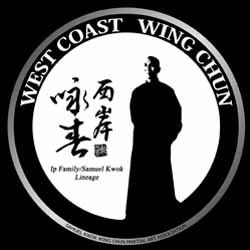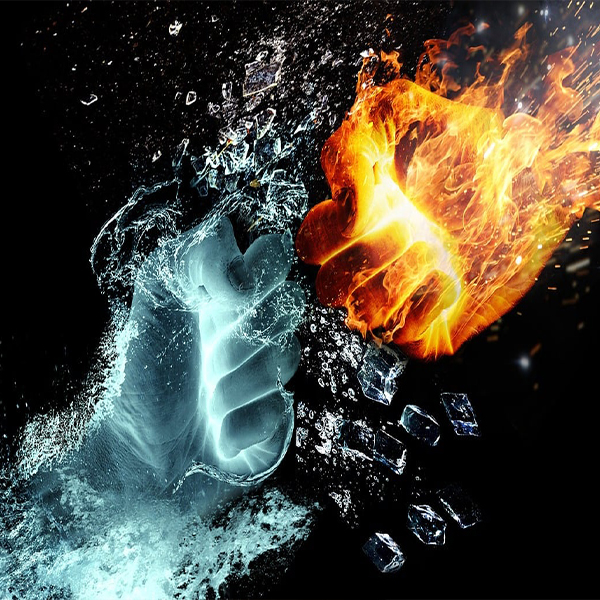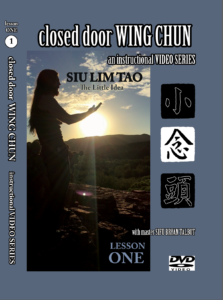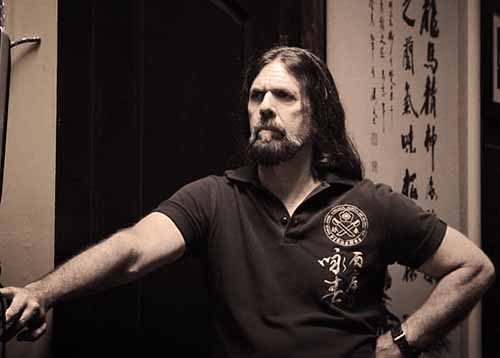Do Martial Arts Encourage Violence?
Violence is a pervasive problem in society, and it can take many forms. From physical assault to emotional abuse, violence can have a devastating impact on individuals and communities. While martial arts may seem violent or even to encourage violence, there are grave differences between martial arts and violent behavior.
Wing Chun Kung Fu is a traditional Chinese martial art that is often associated with violence, but in reality, it is a discipline that emphasizes self-defense and respect. There are some key differences between violence and Wing Chun Kung Fu.
Key Differences between Wing Chun Kung Fu and Violence
1. Intent
The intent behind violence is to harm or intimidate another person. The intent behind Wing Chun Kung Fu is to defend oneself and others in a safe and controlled manner. While Wing Chun Kung Fu teaches techniques that can be used to harm an attacker, the focus is on using those techniques only when necessary and in a way that minimizes harm.
2. Control
A lack of control often characterizes violence. Perpetrators of violence may lash out in anger or frustration, without considering the consequences of their actions. Wing Chun Kung Fu emphasizes control and discipline. Practitioners of Wing Chun Kung Fu are taught to stay calm under pressure and to use force only when necessary and in a controlled manner.
3. Respect
Violence often involves a lack of respect for others. Perpetrators of violence may belittle or demean their victims, or they may use physical force to exert their power over them. Wing Chun Kung Fu emphasizes respect for oneself and others. Practitioners of Wing Chun Kung Fu are taught to treat others with respect and to use force only when absolutely necessary.
4. Self-defense
Violence is often characterized by aggression and a desire to harm others. Wing Chun Kung Fu is a discipline that emphasizes self-defense. Practitioners of Wing Chun Kung Fu are taught techniques that they can use to defend themselves and others in a safe and controlled manner.
5. Training
Violence often involves little or no training. Perpetrators of violence may rely on brute force or intimidation to get what they want. Wing Chun Kung Fu, on the other hand, is a discipline that requires years of training and practice. Practitioners of Wing Chun Kung Fu must develop their physical and mental strength, as well as their knowledge of the techniques and principles of the discipline.
6. Consequences
Violence often has serious consequences for both the victim and the perpetrator. Victims of violence may suffer physical and emotional harm, while perpetrators of violence may face legal consequences and social stigma. Wing Chun Kung Fu emphasizes the importance of avoiding violence whenever possible. Practitioners of Wing Chun Kung Fu are taught to use force only when absolutely necessary and in a way that minimizes harm.
7. Mindset
Violence often involves a mindset of aggression and domination. Perpetrators of violence may see themselves as superior to their victims, or they may feel a need to assert their power over others. Wing Chun Kung Fu emphasizes a mindset of discipline and respect. Practitioners of Wing Chun Kung Fu are taught to approach situations with calmness and to use force only when necessary and in a controlled manner.
8. Ethics
Violence often involves a lack of ethical considerations. Perpetrators of violence may act without regard for the well-being of others, or they may justify their actions by claiming that they were provoked. Wing Chun Kung Fu emphasizes the importance of ethical considerations. Practitioners of Wing Chun Kung Fu are taught to act in a way that is consistent with their values and to use force only when necessary and in a way that minimizes harm.
We do not believe that Wing Chun is the only martial art that fosters the values discussed above. In fact, we believe all traditional martial arts, passed down through reputable teachers, encourage peace. Further, they promote discipline, respect, and self-control. Through rigorous training and practice, martial artists learn to control their emotions and reactions in high-pressure situations. They also learn to respect their opponents and the art itself, which helps to foster a sense of humility and peacefulness. Additionally, many martial arts styles emphasize the importance of avoiding conflict whenever possible and using physical techniques only as a last resort.
Overall, martial arts can be a valuable tool for personal growth and development, and can help individuals become more peaceful and compassionate members of society.




